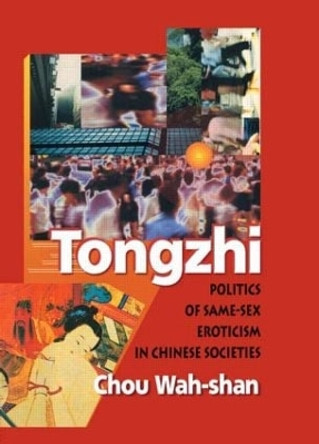Description
In Useful Bullshit Neil J. Diamant pulls back the curtain on early constitutional conversations between citizens and officials in the PRC. Scholars have argued that China, like the former USSR, promulgated constitutions to enhance its domestic and international legitimacy by opening up the constitution-making process to ordinary people, and by granting its citizens political and socioeconomic rights. But what did ordinary officials and people say about their constitutions and rights? Did constitutions contribute to state legitimacy?
Over the course of four decades, the PRC government encouraged millions of citizens to pose questions about, and suggest revisions to, the draft of a new constitution. Seizing this opportunity, people asked both straightforward questions like "what is a state?", but also others that, through implication, harshly criticized the document and the government that sponsored it. They pressed officials to clarify the meaning of words, phrases, and ideas in the constitution, proposing numerous revisions. Despite many considering the document "bullshit," successive PRC governments have promulgated it, amending the constitution, debating it at length, and even inaugurating a "Constitution Day."
Drawing upon a wealth of archival sources from the Maoist and reform eras, Diamant deals with all facets of this constitutional discussion, as well as its afterlives in the late '50s, the Cultural Revolution, and the post-Mao era. Useful Bullshit illuminates how the Chinese government understands and makes use of the constitution as a political document, and how a vast array of citizens-police, workers, university students, women, and members of different ethnic and religious groups-have responded.
About the Author
Neil J. Diamant is the Walter E. Beach '56 Chair in Political Science and Professor of Asian Law and Society at Dickinson College. He is co-author of The Politics of Veteran Benefits in the 20th Century and author of Revolutionizing the Family and Embattled Glory.
Reviews
Diamant's vivid and trenchant study offers a vital contribution to our understanding of the Chinese constitution as a political tool, both during the Mao era and today. It should be required reading for social scientists, legal scholars, and historians seeking to understand the interplay between state and society in the People's Republic, and the ways in which the Party-state is able to refashion key political instruments like state constitutions to better suit its needs.
* Journal of Chinese Political Science *Diamant's provocative arguments, sharp prose style, and thoughtful close reading of previously unused historical documentation amply delivers on the promise of his book's arresting cover and transgressive title.
* The University of British Columbia *Book Information
ISBN 9781501770166
Author Neil J. Diamant
Format Paperback
Page Count 282
Imprint Cornell University Press
Publisher Cornell University Press
Weight(grams) 454g
Dimensions(mm) 229mm * 152mm * 19mm






